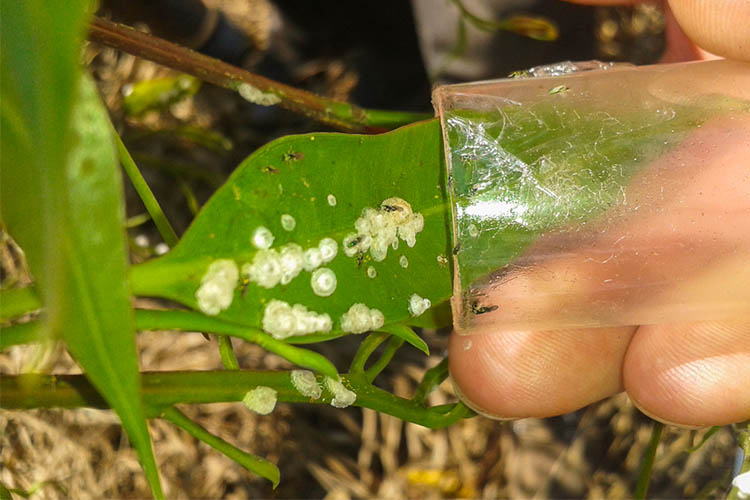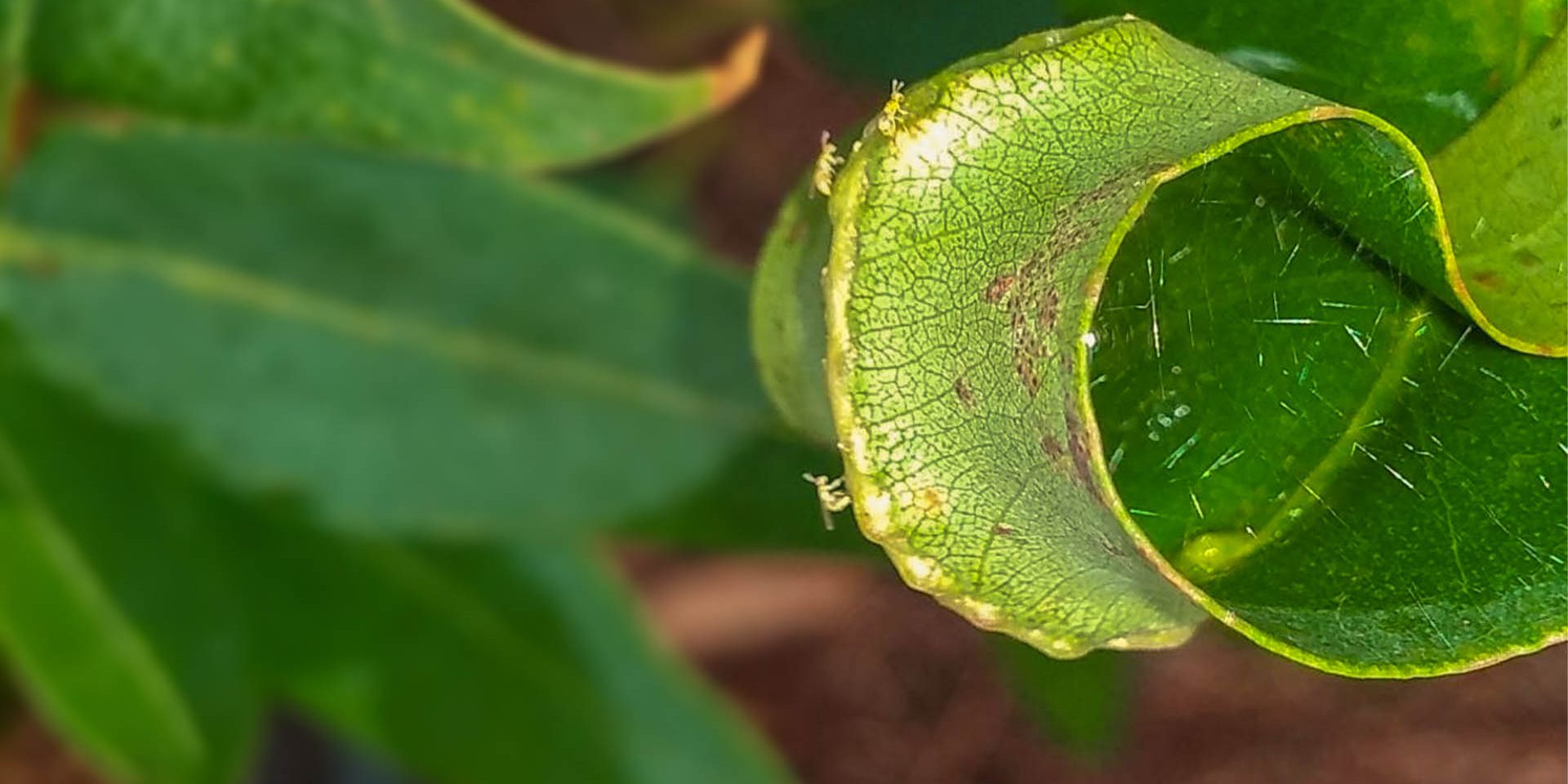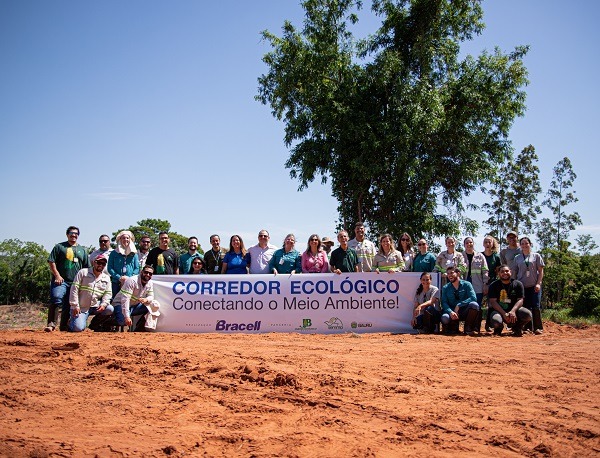The company relies on biological control, using Integrated Pest Management (IPM), a set of tools for pest control.
Committed to sustainability in all its operations, Bracell, a leading dissolving pulp producer, continuously invests in research and development, harnessing advanced technology without harming the environment. Alongside this, the company relies on biological control, using Integrated Pest Management (IPM), a set of tools for pest control (insects which inflict financial losses on farmers or society). It is a technique that deploys natural enemies (other insects) and microorganisms (fungi, bacteria or viruses) to counter the pests that need to be controlled in eucalyptus plantations.
It is a global trend to prioritize the use of biological agents in pest control, even though the modern pesticides used in forestry today are safe and do not harm the environment, plants, animals or people. Barbara Puretz, Forest Researcher at Bracell SP, explains that the company’s biological control aims to grow the population of natural enemies that already occur naturally in eucalyptus plantations. “These insects and microorganisms already exist, but in many cases their numbers are insufficient to control a potential pest outbreak. Our Forestry Research & Development department accordingly cultivates a large number of natural enemies in labs and then releases them in locations where pests are a problem,” Barbara explained.

Barbara Puretz points out that this is a safe, sustainable method that reduces the use of pesticides. The company has a technical team dedicated to protecting eucalyptus forests, from seedlings to the harvesting of mature trees, reducing potential productivity losses. Our team translates research findings into innovative techniques, ensuring the health of the plantations and combating pests such as the Red Gum Lerp Psyllid, Bronze Bug, defoliating caterpillars, among others.
Bracell also participates in cooperative projects in pest and disease control with leading institutions, such as the university Universidade Estadual Paulista (UNESP) and major research institutes, such as Empresa Brasileira de Pesquisa Agropecuária (Embrapa) and Instituto de Pesquisas e Estudos Florestais (IPEF). These initiatives further reinforce our commitment to sustainable eucalyptus management practices.



